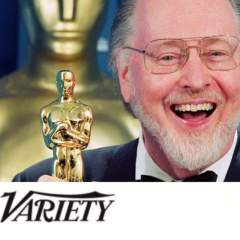JW's writing style has changed how over the years?
How has JW's writing style changed over the years?
30 members have voted
-
1. After 1990, let's say . . .
-
His writing style has changed, for the better. (I'll explain.)6
-
His writing style has changed, for the worse. (I'll explain.)4
-
His writing style has changed, but it's gotten neither better nor worse. (I'll explain.)19
-
His writing style hasn't changed all that much. He's still as good as he was in his 70s and 80s. (I'll elaborate.)1
-


Recommended Posts
Create an account or sign in to comment
You need to be a member in order to leave a comment
Create an account
Sign up for a new account in our community. It's easy!
Register a new accountSign in
Already have an account? Sign in here.
Sign In Now